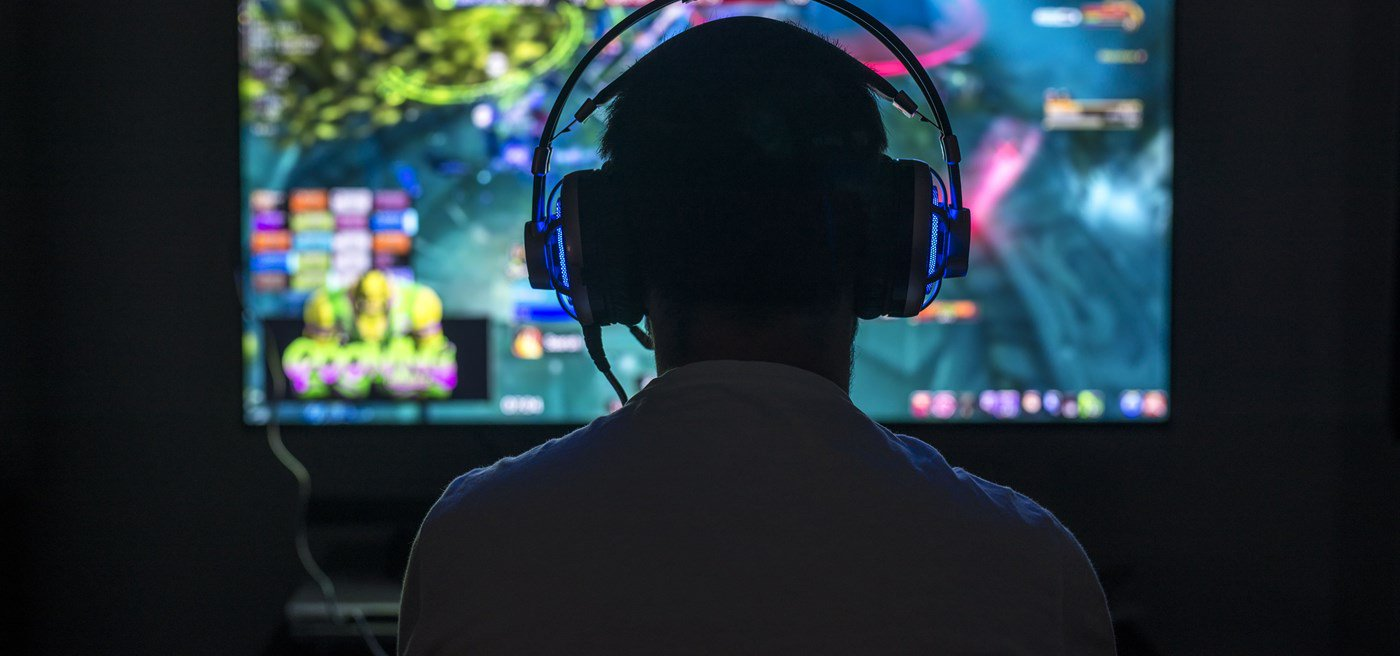As we step further into the digital era, the boundaries of artificial intelligence (AI) are continuously being pushed, leading to innovative uses across various fields. The gaming industry is a prominent beneficiary of these advancements. In this article, we’ll delve into a fascinating aspect of AI in gaming – interpreting and enforcing rules within complex gaming environments.
AI and Rule Interpretation

Artificial Intelligence has become an integral part of game design, particularly in interpreting the rules that govern gameplay. A crucial aspect of gaming AI is the ability to comprehend and respond appropriately to a set of predefined rules, which could range from the underlying mechanics to the procedural generation of content.
Take, for instance, a strategy game like chess. The AI needs to understand the permissible movements of each piece, the objective of the game, and the rules around check and checkmate. This rule interpretation by AI allows games to provide an engaging experience that faithfully replicates the intended gameplay.
Leveraging Machine Learning
Advancements in machine learning, a subset of AI, have led to dynamic game experiences that learn and adapt to the player’s strategy. A classic example is Google’s AlphaGo, which taught itself the complex rules and strategies of Go, an ancient board game, eventually defeating the world champion.
Through machine learning algorithms, AI can understand and follow the rules of a game, while also learning from the player’s actions. This leads to a dynamic environment where the AI continually improves its gameplay, offering a greater challenge to the player.
AI in Online Games
Now, let’s consider the complex environments of online card games. These platforms utilise AI to ensure fair play and uphold the integrity of the game. Online card games like poker are bound by a set of stringent rules, including dealing, betting, and determining the winner, all of which need to be flawlessly implemented. There’s the crucial task of shuffling and dealing the cards in a truly random manner, and the AI must also manage the rounds of betting, enforce the betting rules, and eventually determine the winning hand according to the hierarchy of poker hands.
AI must take on these tasks by interpreting the rules to ensure that the game runs smoothly, with each player having a fair and equal chance of winning.
Another fascinating application of AI can be seen in online multiplayer strategy games. A perfect example of this is StarCraft II, a real-time strategy game known for its intricate gameplay and vast number of possible strategies. In 2019, an AI developed by DeepMind called AlphaStar made headlines when it competed against human players in this highly complex game and achieved Grandmaster status, the highest possible online ranking.
In the case of StarCraft II, the AI has to interpret an extensive array of game rules, including unit types, resource management, and the spatial logistics of moving armies across the game map. It must also make tactical decisions in real time, adapting to the strategies of its human opponents. The remarkable success of AlphaStar showcases how advanced AI has become at interpreting and implementing game rules in a highly complex and dynamic environment.

Regulation and Monitoring in Gaming
Apart from managing gameplay, AI is also increasingly being employed to regulate player behavior. Moreover, AI chatbots are used to monitor in-game chats, ensuring that player interactions are in line with the platform’s community guidelines. Through these functions, AI acts as an ever-vigilant referee, enforcing the rules of the game and promoting a healthy gaming environment.
In summary, AI’s capacity to interpret and enforce rules in complex gaming environments is a game-changer. By ensuring fair play, creating adaptive experiences, and fostering healthy player interactions, AI has significantly elevated the standard of the gaming industry. As computer technology continues to evolve, we can anticipate further innovative applications of AI in our favorite games, leading to even more engaging and immersive experiences.








Leave a Reply